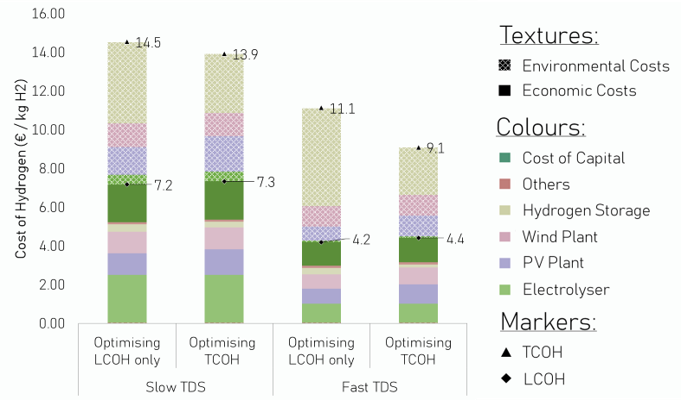Project Duration: 2023-2026
Other Partners

Project Description
This PhD thesis aims to provide a comprehensive, holistic assessment of potential Carbon Capture and Utilization (CCU) networks in Portugal by 2030. Focusing on the integration of CCU technologies into the national energy system, the project evaluates the cost-effectiveness and environmental impact and social impact of producing CCU fuels at scale. By leveraging advanced engineering models, the project will identify the potential costs and benefits of scaling up CCU infrastructure. A key aspect of this assessment will be the incorporation of parametric uncertainties using Monte Carlo simulations to quantify variability in the study outcomes, ensuring a robust and reliable analysis. Furthermore, the project proposes a new framework for integrating CCU as a decarbonization vector in future energy system models for Portugal. This will involve evaluating the techno-economic and environmental implications of CCU across different decarbonization pathways under varying demographic and macroeconomic scenarios.
Main Outcomes
•Comprehensive Assessment of CCU Networks in Portugal by 2030: A detailed, holistic evaluation of the potential for CCU networks in Portugal, considering various factors such as infrastructure, costs, and environmental benefits, aligned with national decarbonization goals for 2030.
•Stochastic Evaluation of Decarbonization Trajectories
Conducting a stochastic evaluation comparing different decarbonization pathways—both with and without the integration of CCU networks—under varying demographic, economic, and macroeconomic assumptions. This analysis will highlight the potential costs and emissions reductions, supporting informed policy-making.


